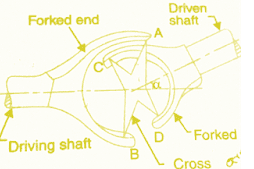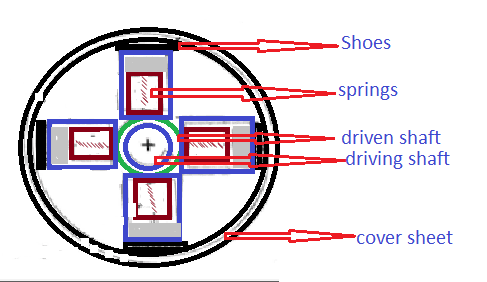Archimedes’ principal:
Archimedes’ principle states thatIf a solid body floats, or is submerged, in a liquid, the liquid exerts an upthrust on the body equal to the gravitational force on the liquid displaced by the body.
In other words, if a solid body is immersed in a liquid, the apparent loss of weight is equal to the weight of liquid displaced.
If V is the volume of the body below the surface of the liquid, then the apparent loss of weight W is
given by:
W = Vω = Vρg
where ω is the specific weight (i.e. weight per unit volume) and ρ is the density.
If a body floats on the surface of a liquid all of its weight appears to have been lost. The weight of liquid displaced is equal to the weight of the floating body.


